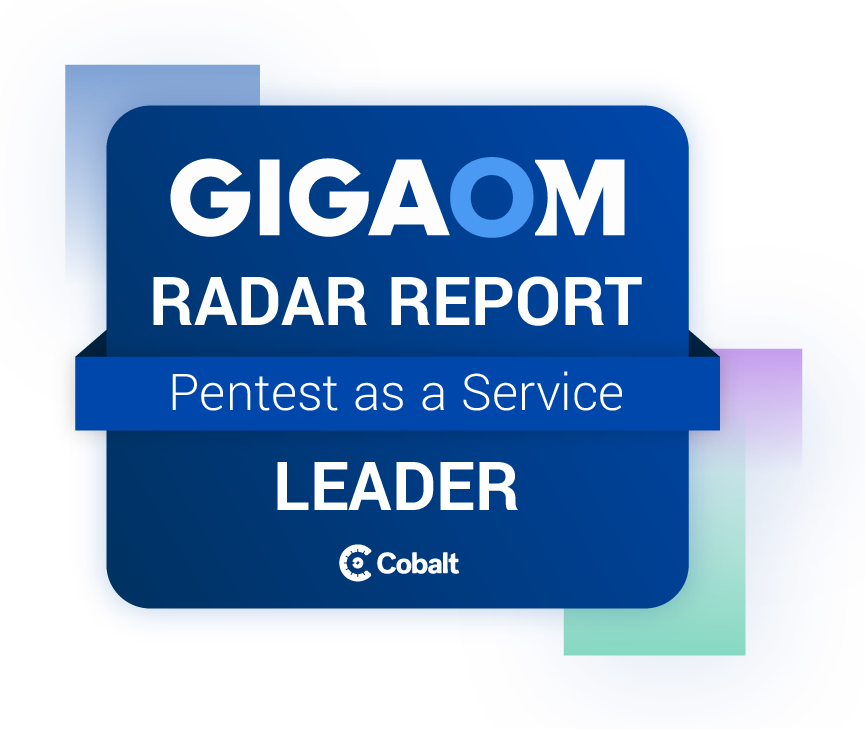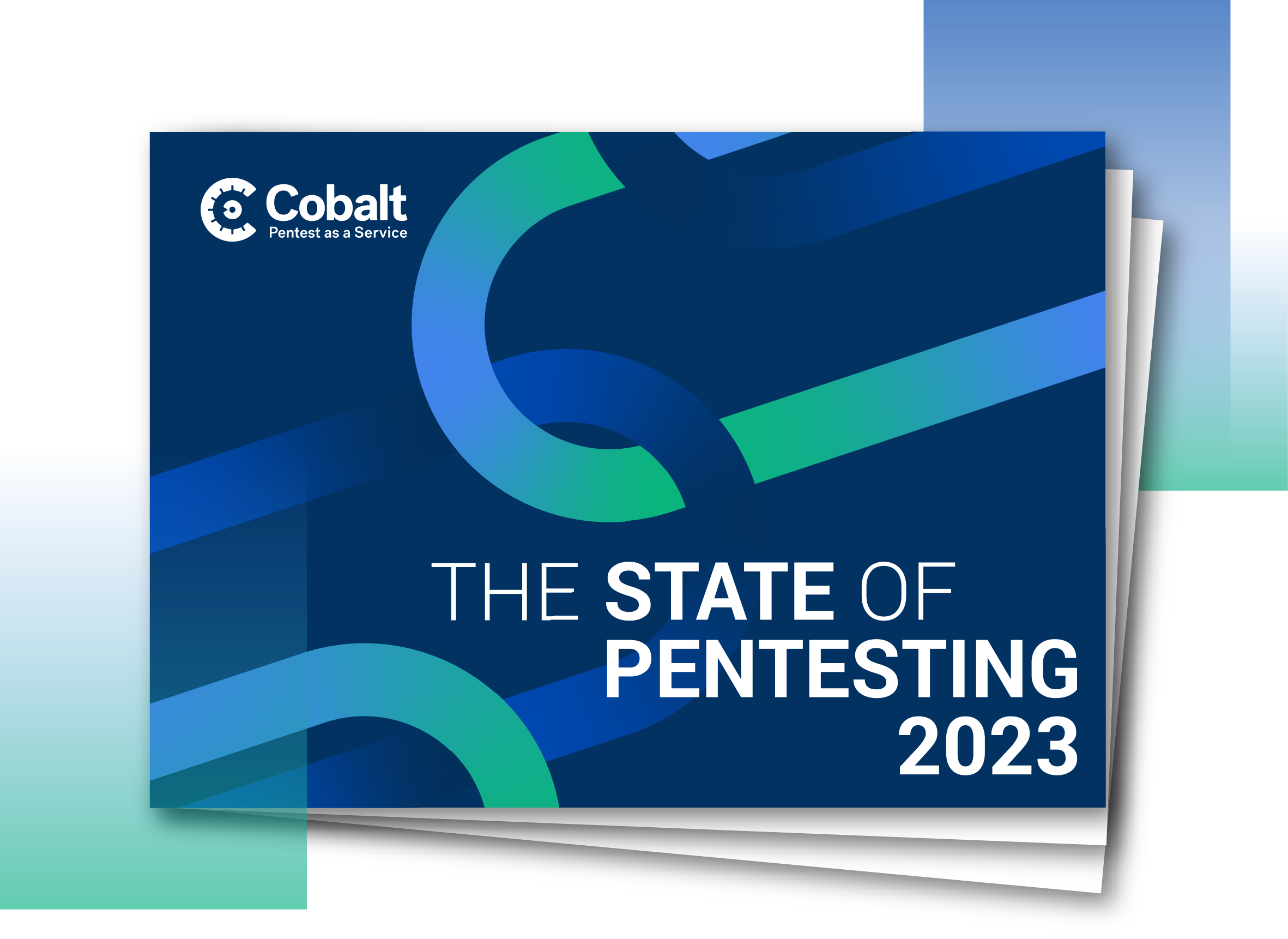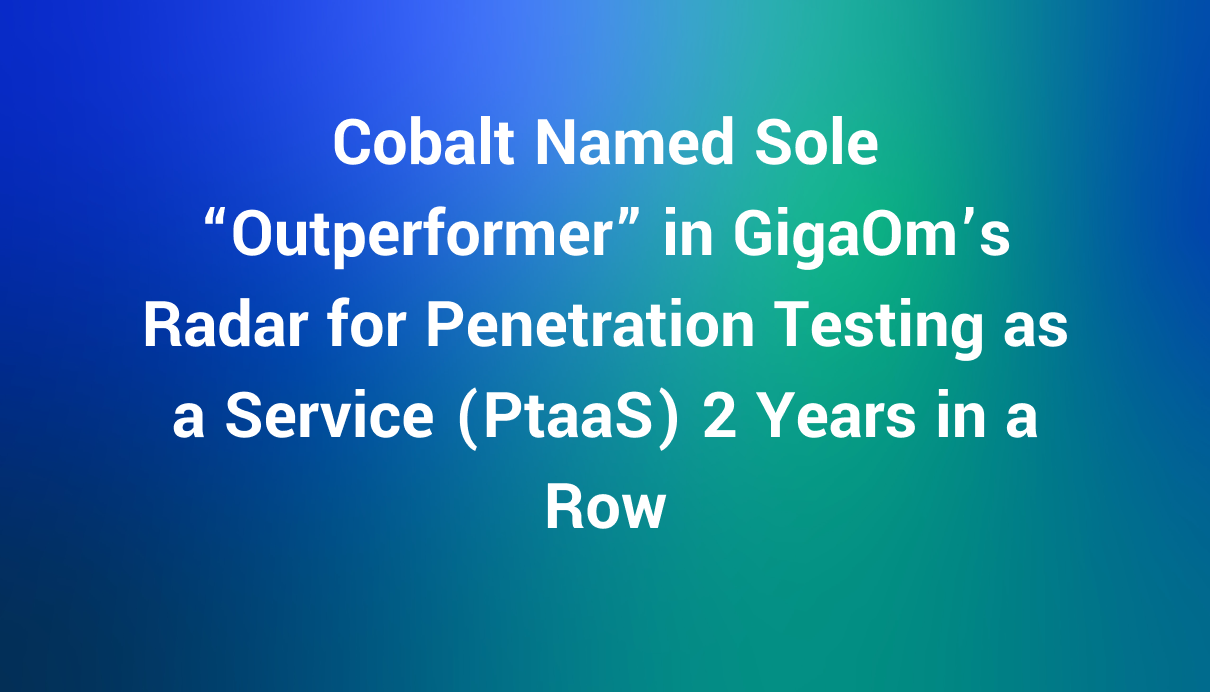While the technical aspects of pentesting are crucial, the importance of real-time communication between security teams and pentesters during an active engagement cannot be overstated.
In this blog, we'll explore why real-time collaboration is essential for a successful pentest engagement and how it benefits both parties.
5 Ways Communication Supercharges Pentest Engagements
Immediate Issue Resolution
Pentesting is often a high-stakes, time-sensitive operation. The pentester's goal is to uncover vulnerabilities that malicious actors could exploit. If a critical security flaw is discovered, immediate action is required to mitigate the risk.
Real-time communication ensures security teams are alerted promptly when critical vulnerabilities are found. Enabling them to take swift action to patch, reconfigure, or mitigate the risk.
Enhanced Collaboration
By working closely together, security engineers can provide researchers with valuable insights into the organization's infrastructure, potential weak points, and areas of concern.
This collaboration helps pentesters fine-tune their approach and focus on areas that are of the highest risk to the organization. Collaboration also supports development teams to ensure they have the necessary security details for proper remediation.
Reduced False Positives
False positives can be a significant challenge in pentesting. There are situations where a vulnerability is reported, but upon further investigation, it turns out to be a non-issue or a false alarm.
Instant communication allows security engineers to clarify doubts, provide context, and confirm the legitimacy of reported vulnerabilities. This reduces the likelihood of wasted time and manual effort spent investigating false positives.
Agile Testing
Every organization is unique, with its own set of security challenges and requirements. Flexible communication enables security engineers to convey specific objectives, priorities, and areas of concern to pentesters.
This allows for an Agile Testing approach that aligns with the organization's goals. The result is a pentest engagement that is more tailored to the organization's needs and more likely to uncover relevant vulnerabilities.
Rapid Adaptation
Cyber threats are constantly evolving, and so are defenses. Constant communication allows for rapid adaptation during pentest engagements.
If pentesters encounter unexpected obstacles or need to adjust their tactics, they can communicate these changes immediately. This agility ensures that the pentest remains relevant and effective.
Communication at Cobalt
PtaaS solutions are uniquely equipped to support communication during pentest engagements.
At Cobalt, we offer three options for collaborating on a pentest.
- Cobalt Slack
- Collaborate with pentesters and team members in real-time in a Cobalt-hosted Slack channel.
- Slack Connect
- For those already using Slack and want to stay in their workspace while collaborating in real-time with pentesters and team members.
- In-App Messaging
- If Slack is not an option, we’ll set up Coablt’s In-App Messages to collaborate with pentesters and team members.

Real-time communication between the security teams and pentesters is not a mere convenience; it's a critical component of successful pentest engagement.
As the cybersecurity landscape continues to evolve, organizations that prioritize effective communication during pentesting engagements will be better equipped to defend against emerging threats and vulnerabilities.
Ready to see how Cobalt can change the way you pentest? Request a demo to get started today.


















.png)
